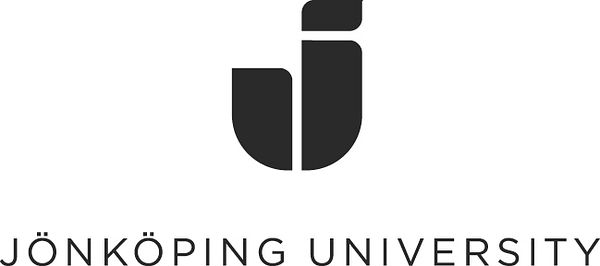Press release -
A new tool for clinical assessment
A major focus in nursing education lies on the judgement of clinical performance. This is a complex process due to the diverse nature of nursing practice. Difficulties in the development of valid and reliable assessment measures in nursing competency continue to pose a challenge in nursing education.
In a new thesis from School of Health and Welfare, Jönköping University, Vivien Xi Wu has developed a holistic clinical assessment tool to meet the needs of clinical education.
A holistic approach in the assessment of competency comprises knowledge, skills and professional attitudes, wherein the notion of competency incorporates professional judgement and management skills in the clinical situation.
“My qualitative studies gave me an awareness of professional and educational issues in relation to clinical assessment. Workload, time, availability of resources, adequate preparation of preceptors, and availability of valid and reliable clinical assessment tools all influence the quality of students’ clinical learning and assessment”, says Vivien Xi Wu.
In addition, the presence of support systems and formal educational programs for preceptors influenced their preparation and self-confidence. Nursing leaderships in hospitals and educational institutions have a joint responsibility in shaping the holistic clinical learning environment and making holistic clinical assessment for students. The involvement of all stakeholders in the development of a valid and reliable assessment tool for clinical competency is also essential to the process.
The Holistic Clinical Assessment Tool (HCAT) was developed by Vivien Xi Wu based on the systematic review, qualitative findings and the core competencies of registered nurses from the professional nursing boards. The HCAT has the potential to be used as a valid measure to evaluate clinical competency in nursing students, and provide specific and ongoing feedback to enhance the students’ holistic clinical learning experience. The HCAT not only functions as a tool for self-reflection for the students, but also guides the preceptors in clinical teaching and assessment. In addition, the HCAT can be used for peer assessment and feedback. It is imperative that the clinical and academic institutions establish various levels of ongoing support for both students and preceptors in the process of clinical assessment.
Vivien Xi Wu is a Lecturer at Alice Lee Centre for Nursing Studies, Yong Loo Lin School of Medicine, National University of Singapore. She successfully defended her thesis Holistic Clinical Assessment for Undergraduate Nursing Students on 9 June at School of Health and Welfare, Jönköping University, Sweden. Faculty opponent was Professor Unn-Britt Johansson, Sophiahemmet University, Stockholm, Sweden.
For more information please contact: Vivien Xi Wu, vivien_wu@nuhs.edu.sg
Related links
Topics
- University, University College
Categories
- school of health and welfare
Jönköping University Foundation is one of three independent institutions of higher education in Sweden offering postgraduate programmes. It is characterised by focused profiles, internationalisation, an entrepreneurial spirit and collaboration with surrounding society. Research and education are carried out at four schools: Jönköping International Business School, School of Education and Communication, School of Engineering and School of Health and Welfare. Jönköping University has some 10,000 registered students, 725 employees and a turnover of approximately SEK 800 million.
